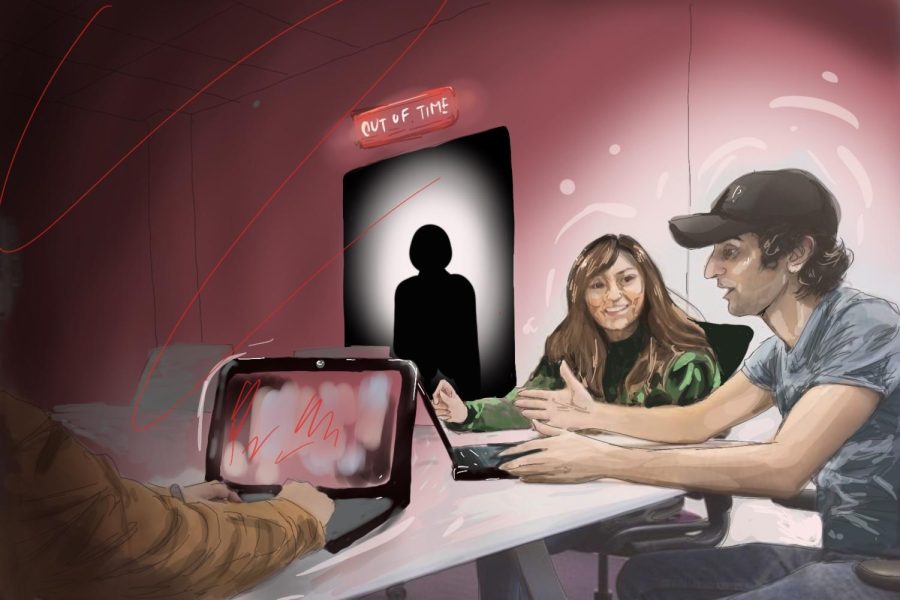Increase reservable hours for PCL study rooms
February 6, 2023
Opened in 1977, the Perry-Castañeda Library is one of 10 libraries on campus and a study spot frequented by the UT community. Whether it’s the vast array of facilities or the progressively quieter floors, the PCL is a near-obligatory visit for most students. Chief among the building’s amenities are its private workspaces — including group study and presentation practice rooms.
PCL study rooms are designed to foster academic success and tight-knit instruction. Each space has whiteboards, moveable furniture and power outlets suited for various student needs. On a regular weekday, these rooms bustle with students completing course projects or explaining tricky concepts during marathon review sessions.
Unfortunately, the UT library system caps PCL study room reservations to just four hours per week per person. The UT library system should increase the number of weekly hours students can reserve PCL study rooms from four to six to better facilitate collaborative experiences.
The PCL currently utilizes an online reservation system where students can book study rooms across four floors. The system catalogs students’ UT EIDs and automatically prohibits reservations that exceed the weekly quota. However, this threshold presents logistical hurdles for many students who depend on these rooms for group work.
Joe Dobbs, head of user services at the PCL, stressed that the reservation limit was not meant to intentionally inhibit the use of study rooms.
“We work tirelessly to preserve (PCL study rooms) as student space,” Dobbs said. “(As) a concession to the fact that we have 29 rooms for over 52,000 potential users, … we have those limits to ensure equitable access to a limited number of rooms. Last year, we had almost 10,000 unique users for our rooms.”
Although the policy intends to combat overbooking, there are more prudent solutions than rigorously limiting reservation hours. Students deserve sufficient access to these spaces to fulfill their educational needs.
The interactive environments championed by PCL study rooms carry massive benefits. The National Education Association has studied how collaborative learning boosts higher-order thinking, confidence and self-esteem.
Additionally, the National Survey of Student Engagement recently found that, on average, college students spend 10 to 13 hours studying per week. The UT library system should consequently increase weekly reservable PCL study room hours from four to six. More time in the PCL proportionate to students’ study schedules could better allow them to work together, deepen their collective understanding and forge new interpersonal connections.
Business honors freshman Adyan Ahmed emphasized that six-hour thresholds would strike a proper balance between students genuinely utilizing and unnecessarily hoarding PCL study rooms. Furthermore, such changes would still comply with the PCL’s policy of defining groups as two or more people.
“Anything more than (six hours is) excessive because (for) a group project (you can) have multiple people book different days,” Ahmed said. “If there was a higher cap (than six) or if there (were) unlimited hours, I feel like some people would use (study rooms) all the time.”
Collaboration is a proven and powerful tool for collegiate success. UT’s PCL study rooms directly promote this collaborative atmosphere. By increasing weekly reservable hours for PCL study rooms, UT can further support positive academic outcomes within its student body.
Gokhale is an undeclared business freshman from Allen, Texas.












